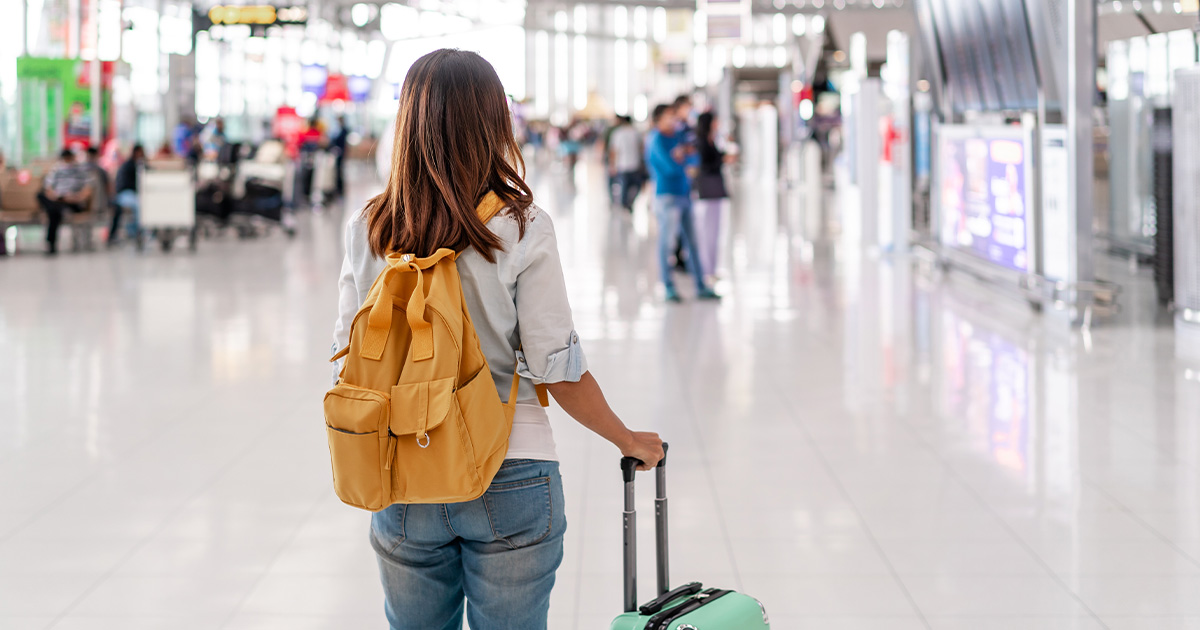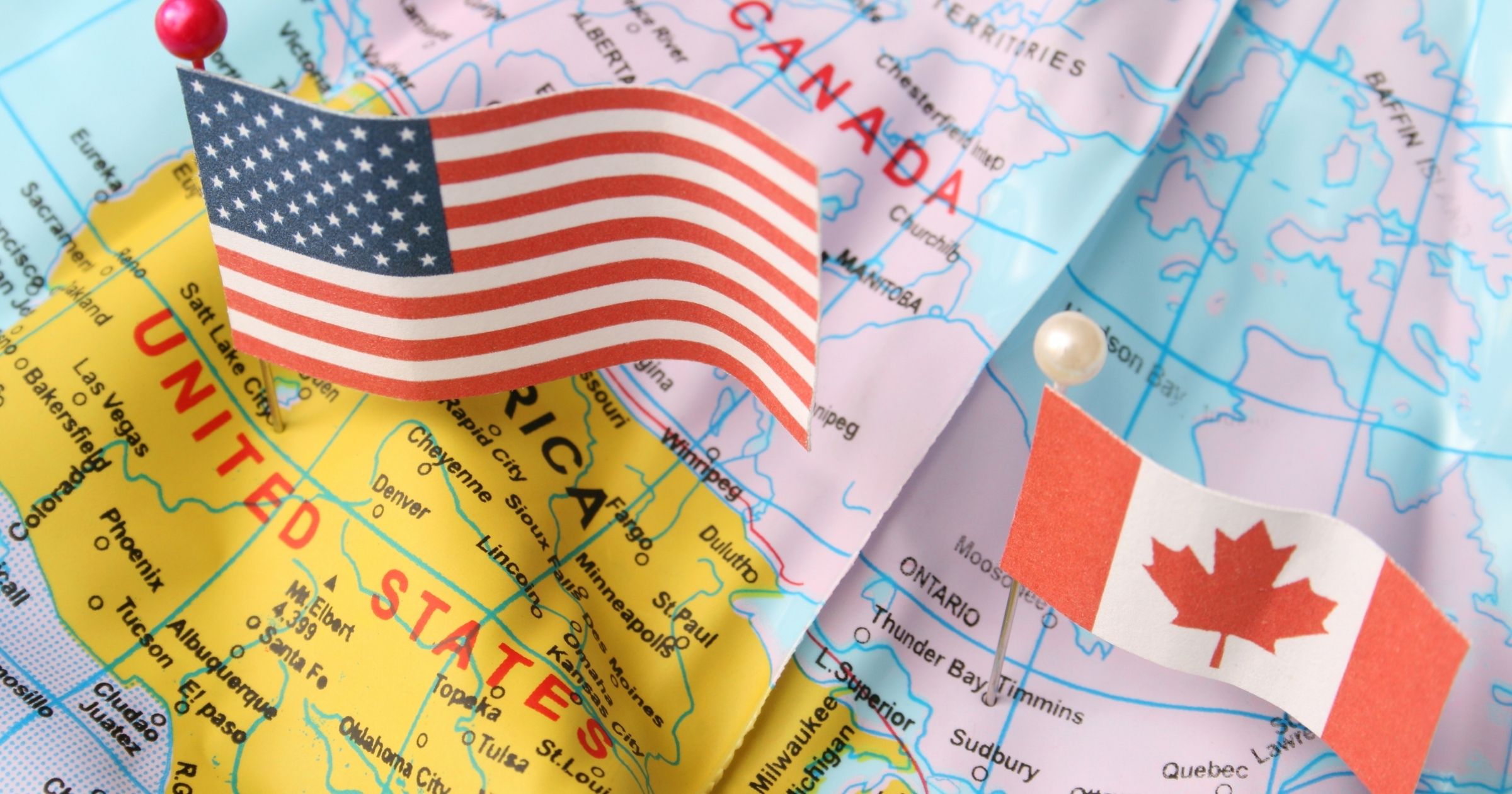
New Rule to Save Airline Passengers Millions in Hidden Junk Fees
Rule will save consumers over half a billion dollars each year in expensive, unexpected baggage, change, and cancellation fees by requiring airlines to make these costs clear upfront.
The Biden-Harris Administration has announced a final rule to protect airline passengers from surprise junk fees when purchasing a ticket. The rule requires airlines and ticket agents to tell consumers upfront what fees they charge for a first or second checked bag, a carry-on bag, and for canceling or changing a reservation.
This new rule will help consumers avoid unneeded or unexpected fees that can increase quickly and add significant cost to what may, at first, look like a less expensive ticket. The final rule is expected to save consumers over $500 million annually that they are currently overpaying in hidden airline fees.
"Airlines should compete with one another to secure passengers' business—not to see who can charge the most in surprise fees," said U.S. Transportation Secretary Pete Buttigieg. "DOT's new rule will save passengers over half a billion dollars a year in unnecessary or unexpected fees by holding airlines accountable for being transparent with their customers."
Extra fees have become a growing source of revenue for airlines in recent years. DOT's Bureau of Transportation Statistics data shows that airline revenue from baggage fees increased by more than 30 percent between 2018 and 2022, while their operating revenue grew at less than half that pace in the same period. As part of the rulemaking process, DOT determined that extra fees have become more complex over time and continue to confuse passengers, requiring additional action by the Department.
Since news of the final rule broke, a number of travel companies have been sharing their reactions to the rule, along with communicating with their clients to ensure they're aware of the changes and how they may affect them. Included in those companies are Student & Youth Travel Association (SYTA) Strategic Partners, AFC Travel and Fly My Group.
"We are diligently reviewing the information recently disseminated by the Department of Transportation (DOT), which was released on Friday," Erik Skoog, Owner of AFC Travel, said in a statement. "Our objective is to comprehensively assess its implications for our valued tour-related clientele. Rest assured, as soon as we have gathered further insights and details, we will promptly make them available to ensure transparency and facilitate informed decision-making for all stakeholders involved."
"Fly My Group looks forward to having consistency across carrier refund policies regarding 'significant' delays and changes," said Ethan Screnock, Partner, Fly My Group. "We will continue to process refunds promptly, following the guidelines, and communicate throughout the process."
DOT says the final rule will create a more competitive airline market by ensuring that consumers have the information they need to better understand the true costs of air travel. DOT already requires airlines and ticket agents to disclose the full fare, which is the entire price to be paid by a customer for an airline ticket including all mandatory carrier-imposed and government charges. For the first time, the new rule requires airlines and ticket agents to disclose extra service fees critical to consumers' purchase decisions alongside the full fare. This ensures that consumers can avoid surprise junk fees when they purchase tickets from airlines or ticket agents—whether traditional brick-and-mortar agencies or online travel agencies.
These critical extra services include checking a first or second bag, carrying on a bag, cancelling or changing a reservation, and any other services determined to be critical by the Secretary in the future after public feedback. However, the Department is not mandating disclosure of family seating fees in the final rule as DOT is planning to propose a separate rule that bans airlines from charging these junk fees.
Under the final rule, airlines and ticket agents are required to:
- Disclose critical extra fees upfront: The rule requires airlines and ticket agents to display critical extra service fees upfront clearly, conspicuously, and accurately. Each critical extra fee must be individually disclosed the first time that fare and schedule information is provided on the airline's online platform—and cannot be displayed through a hyperlink. For consumers shopping for flights offline, airlines and ticket agencies must disclose these fees when they provide a fare quote.
- Explain critical extra fee policies prior to purchase: To help consumers figure out whether they want to purchase a critical extra service, the rule requires airlines and ticket agents to explain the airline's baggage, change and cancellation policies before ticket purchase. For each type of baggage, airlines and ticket agents must spell out the weight and dimension limitations that they impose. Airlines and ticket agents must also describe any prohibitions or restrictions on changing or cancelling a flight, along with policies related to differences in fare when switching to a more or less expensive flight.
- Share critical extra fee prices and policies with relevant companies: There are many ways that consumers shop for flights. They may purchase tickets from airlines or travel agencies. To help ensure that critical extra fees are displayed across a variety of platforms, the final rule requires airlines to provide useable, current, and accurate information regarding their baggage, change, and cancellation fees and policies to any company that is required to disclose them to consumers and receives fare, schedule, and availability information from the airline. Failure to provide the data will be considered an unfair practice.
- Inform consumers that seats are guaranteed: To help consumers avoid unneeded seat selection fees, airlines and ticket agents must tell consumers that seats are guaranteed and that they are not required to pay extra. Prior to offering seat selection for purchase, they must provide the following notice: "A seat is included in your fare. You are not required to purchase a seat assignment to travel. If you decide to purchase a ticket and do not select a seat prior to purchase, a seat will be provided to you without additional charge when you travel."
- Provide both standard and passenger-specific fee information: Consumers may be entitled to discounted or waived critical extra fees based on their participation in the airline's rewards program, their military status or the credit card that they use. Airlines and ticket agents must give consumers the option to receive this passenger-specific fee information or remain anonymous and receive the standard fee information. The passenger-specific fees must be based on information affirmatively provided by the consumer.
- End discount bait-and-switch tactics: The final rule puts an end to the bait-and-switch tactics some airlines use to disguise the true cost of discounted flights. Prior to the rule, some airlines were offering deceptive discounts that consumers may have believed applied to the full fare that was being advertised but only applied to a small portion of the ticket price. The new rule prohibits airlines from advertising a promotional discount off a low base fare that does not include all mandatory carrier-imposed fees.
Information about airline passenger rights, as well as DOT's rules, guidance and orders, can be found here.
Courtesy of Groups Today.



